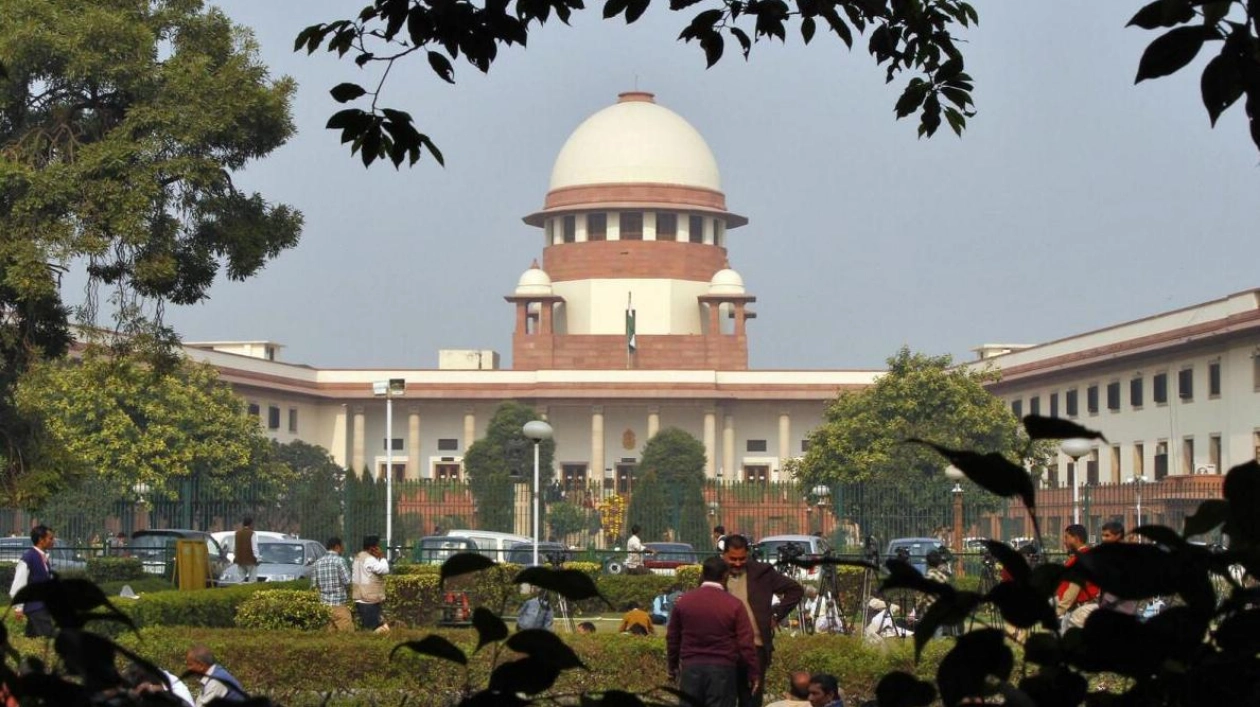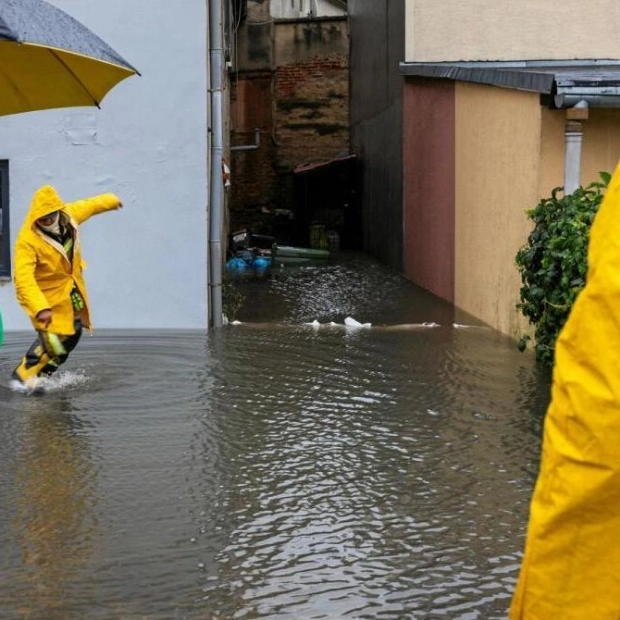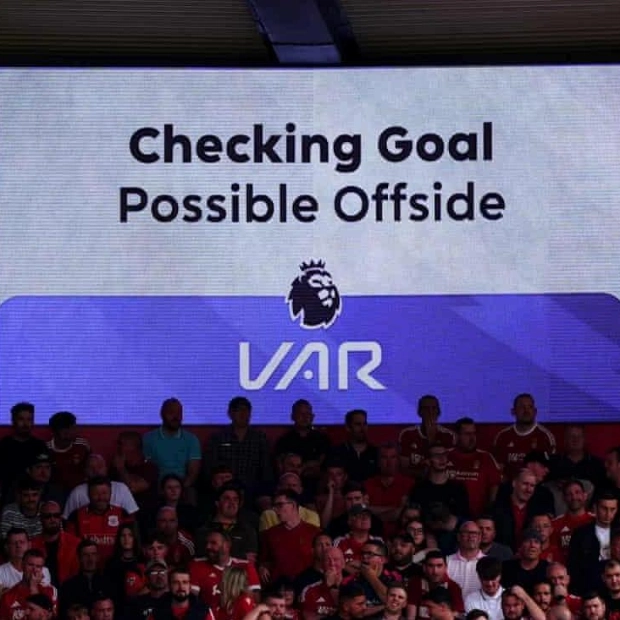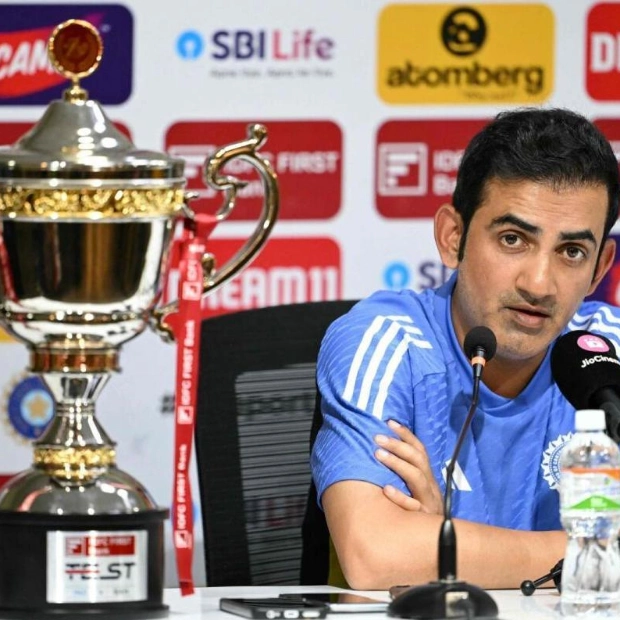India's government has urged the country's highest court not to impose harsher criminal penalties for marital rape during a current case brought by activists aiming to criminalize it.
The penal code, introduced in the 19th century under British colonial rule, explicitly states that 'sexual acts by a man with his own wife... is not rape'. Despite a decade-long legal battle by activists, Prime Minister Narendra Modi's government retained this clause in the revised code enacted in July.
On Thursday, India's interior ministry submitted an affidavit to the Supreme Court stating that while marital rape should have 'penal consequences', the legal system should treat it more leniently than rape outside of marriage. 'A husband certainly does not have any fundamental right to violate the consent of his wife,' the affidavit read, according to The Indian Express newspaper. 'However, attracting the crime in the nature of 'rape' as recognized in India to the institution of marriage can be arguably considered to be excessively harsh.'
India's current penal code mandates a minimum 10-year sentence for those convicted of rape. The government's statement argued that marital rape is adequately addressed in existing laws, including the 2005 law protecting women from domestic violence, which recognizes sexual abuse as a form of domestic violence but does not prescribe criminal penalties.
Another section of the penal code punishes 'cruelty' by a husband against his wife with up to three years in prison. According to the latest National Family Health Survey from 2019 to 2021, six percent of Indian married women aged 18-49 have reported spousal sexual violence, implying over 10 million women have been victims of sexual violence by their husbands. The survey also found that nearly 18 percent of married women feel they cannot refuse sex if their husbands demand it.
Divorce remains stigmatized in much of India, with only one in every 100 marriages ending in dissolution due to family and social pressures. The case for criminalizing marital rape has progressed slowly, with chronic backlogs in India's criminal justice system causing delays. The case was referred to the Supreme Court after a two-judge bench in the Delhi High Court issued a split verdict in May 2022. One judge ruled that while 'one may disapprove' of a husband forcibly having sex with his wife, that 'cannot be equated with the act of ravishing by a stranger'.






